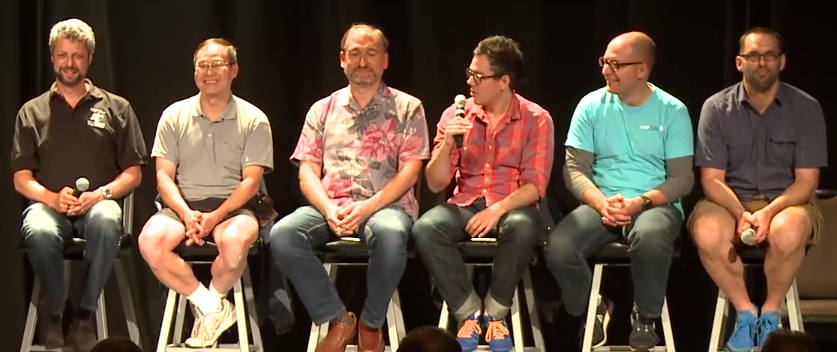No need to square, sum, and sqrt manually anymore--Indi
A useful remainder for programmers, the std::hypot function:
No need to square, sum, and sqrt manually anymore
by Indi
From the article:
I hang out a lot with engineers and game programmers, so that means I tend to see a lot of code dealing with physics problems. One of the most commonly used bits of code in both domains has to be the Euclidean distance equation. However, few programmers realize that that equation is a lot easier than it used to be...

 While we wait for CppCon 2015 in September, we’re featuring videos of some of the 100+ talks from CppCon 2014. Here is today’s feature:
While we wait for CppCon 2015 in September, we’re featuring videos of some of the 100+ talks from CppCon 2014. Here is today’s feature: